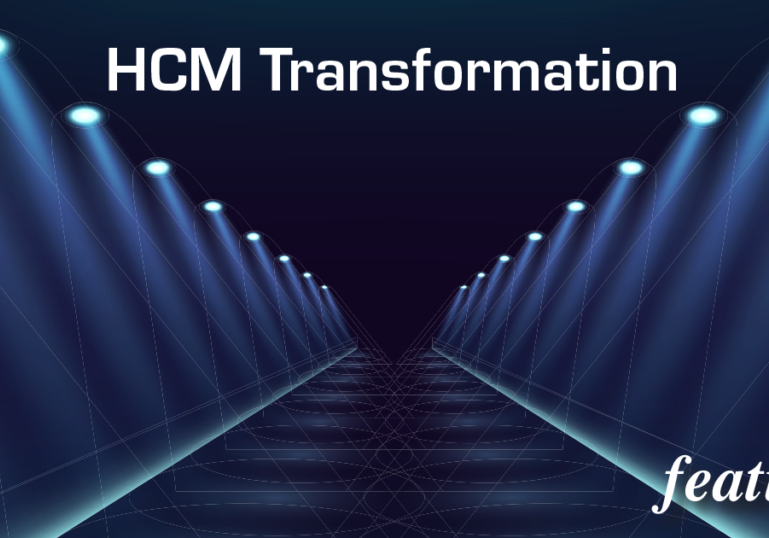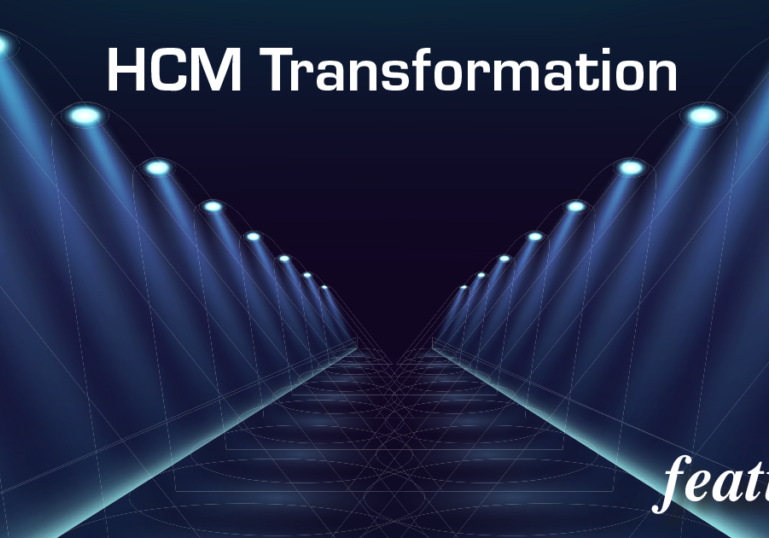What has been promoted in a trustless world as a supply chain solution and an alternate form of currency, blockchain has gained acceptance in the enterprise space and various technical communities as a critical technology for the future. Given its embryonic state, blockchain is not a direct replacement for current human resource management systems. Rather, it is a new and better means of verifying claims of licensure, certification, formal degrees, and other records generally required throughout the applicant recruitment, onboarding and engagement cycle for workers. Blockchain offers a component in an emerging HR architecture based on microservices that enables employee data ownership and portability across boundaries, as well as solves compliance issues regarding privacy conditions enshrined in legislation in many countries.
Blockchain has already established its’ place in world trade through supply chain tracking and financial transactions. At this hour, blockchain has multiple new roles to play for the HR profession, e.g. in vaccine prioritization and distribution among workforces, and in transnational employee data transfer amid security and privacy concerns.
Notwithstanding political rhetoric and multinational agreements, trade is fundamentally a competitive process focused on securing and sustaining market-share. Right now, seeking solutions to treat, even cure the pandemic, protecting and maintaining a functioning workforce, and restoring the local and national economies define a survivor profile of the victor, be they individual, incorporated, or governmental. There is little doubt that the rate of blockchain adoption has and will continue to reflect its influence and necessity around the world. More immediately, however, companies and even entire countries without a blockchain strategy may well concede world trade dominance to the first who successfully launch a COVID-19 vaccination program.
In 2020 IHRIM, in conjunction with Competitive Edge Technology’s Human Resource division, established Consortium DeHR to foster worldwide collaboration among businesses, especially employers, HR/Technology vendors, HR associations, and government agencies. Additionally, the Consortium intends to develop standards and practices based upon the Presidio Principles of the World Economic Forum (WEF).

Given the scalability and potential reach of blockchain and other technologies, like machine learning and 5G wireless networks, IHRIM believes building a sustainable infrastructure to implement the Presidio Principles globally is achievable for all companies and their digital assets, especially involving verified identification and transaction validation while maintaining personal ownership and control.
In the future, IHRIM will be publishing the proceedings of Consortium DeHR in Workforce Solution Review (WSR) and across other channels. Articles will consider the historical legislative and regulatory efforts surrounding data privacy ownership and an overview of the WEFC’s Presidio Principles. Thereafter, we will examine the technicalities of implementing blockchain for HR data, a potential use case study involving vaccination tracking among workers, and various other topics.





